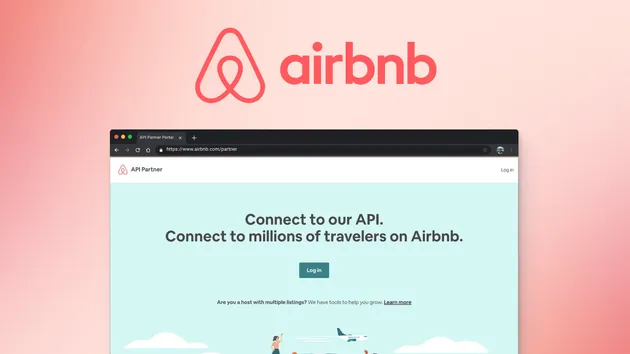Airbnb Properties Actor
Pricing
$25.00/month + usage
Airbnb Properties Actor
The Airbnb Properties Actor scrapes comprehensive Airbnb listings, extracting titles, ratings, prices, images, and locations based on custom search criteria....
Pricing
$25.00/month + usage
Rating
5.0
(1)
Developer

GetDataForMe
Actor stats
0
Bookmarked
21
Total users
1
Monthly active users
a month ago
Last modified
Categories
Share


